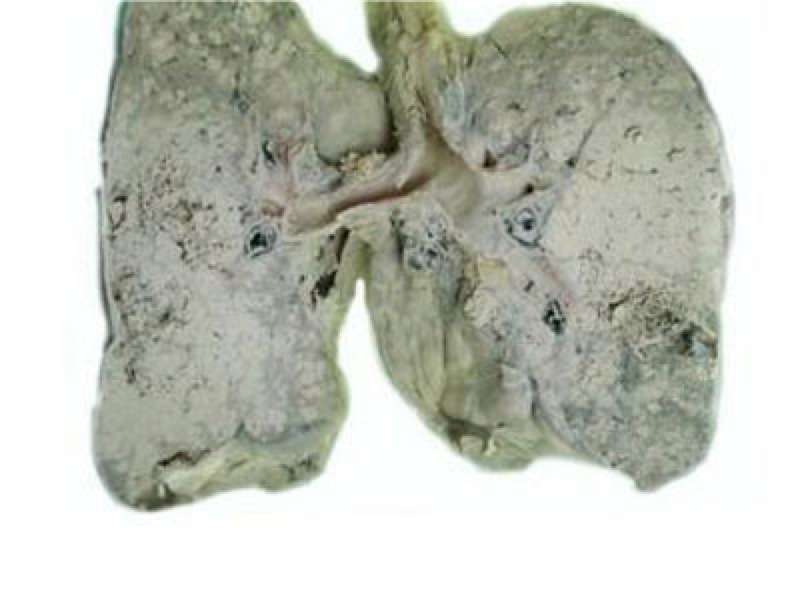What are the manifestations of Qi stagnation and blood stasis
First, the process of qi stagnation and blood stasis leading to human aging and weakness
qi and blood are important substances in the human body. Organ and organizational activities.
The function of the mind master is affected, and the thinking is inactive;
The function of the liver’s blood-storing and main tendons has decreased, and the human activity has decreased;
< p> The function of the main spleen is reduced, the function of the main muscles is reduced, the appetite is reduced, the muscles are underdeveloped, the skin appears dry, and the limbs are weak;The function of lung breathing is reduced, and the hair is lost;
The renal reproductive function gradually disappears, and people show signs of aging.
Second, the manifestation of qi stagnation and blood stasis leading to weak aging
1. Senile plaques
The appearance of senile plaques is qi stagnation and blood stasis The obvious feature is also a kind of plaque unique to old age. Plaque on the skin is a basis for clinical blood stasis diagnosis.
2. The dull complexion lacks rosyness, the skin is loose and rough, and the elasticity is poor.
This is the result that Qi stagnation and blood stasis can not nourish the skin, and it is also an indicator for clinical diagnosis of Qi stagnation and blood stasis.
3. Hair loss or graying.
Especially the nose hair gradually turns white hair into blood, and when blood stasis, the hair is affected and shedding or whitening. Hair whitening is an important feature of qi stagnation and blood stasis. The biggest characteristic of human aging is that the nose hair turns white. With the increase of aging, the number of nose hair turns white increases.
4. Sleepless or insomnia.
Chinese medicine believes that sleep is the result of transposition of yin and yang qi in the body and outside of the body. When yang qi enters the body and yin qi exits the body, the person will have drowsiness, otherwise it will be awake. Due to qi stagnation and blood stasis, the internal and external circulation of the yin and yang qi of the human body is affected, and there is little or no sleep. This is also one of the manifestations of blood stasis. Wang Qing of the Qing Dynasty used the prescription of promoting blood circulation and removing blood stasis to treat sleepless or insomnia. Less or insomnia is one of the results of blood stasis. Sleeplessness or insomnia can cause weakness and premature aging.
5. Less food and constipation.
The spleen main transport needs the assistance of qi and blood. Qi stagnation and blood stasis affects the function of the spleen main transport and the stomach main accepting, resulting in less food. Qi stagnation can not push the food waste out, resulting in constipation.
6. Tiangui decay
Increased nocturia due to the effects of qi stagnation and blood stasis and kidney, kidney main reproduction, and insufficient kidney function can reduce Tiangui, decrease sexual ability, and reproductive function Lost.
7. Sigh, hi cold, cold.
Because of qi stagnation and blood stasis, liver qi stagnation, so aging people like to sigh. The impetus of qi declines, and yang can''t be lost. The essence of human aging is qi stagnation and blood stasis. If you want the body to delay aging and maintain normal physiological functions, it is basically necessary to remove the blood stasis phenomenon of various organs to ensure the state of air flow and blood flow and balance of qi and blood. The organs are continuously nourished by qi and blood, correcting the visceral deficiency and decay, and changing the qi and blood from an imbalanced state to a new balance, so as to maintain the normal function of the organs and promote the health and longevity of the body.
Related Articles

- Early Signs of Bladder Cancer
- What are the early symptoms of bladder cancer?
- 2020-12-17

- How to prevent depression
- How to prevent depression?
- 2020-12-17

- Early symptoms of lung cancer
- 2020-12-17

- Symptoms of depression
- What are the symptoms of depression?
- 2020-12-17

- Drinking water can prevent heat stroke
- Actually, the hot weather is not the direct cause of heat stroke. Heat stroke is mostly caused by sweating caused by heat. Under the high temperature in summer, the body sweats tens of tim
- 2020-08-03

- Office workers should beware of cervical spondylosis
- Cervical spondylopathy is mainly caused by degeneration of cervical intervertebral disc and hyperostosis of cervical spine, with neck and shoulder pain, numbness of upper extremities and d
- 2020-08-03
